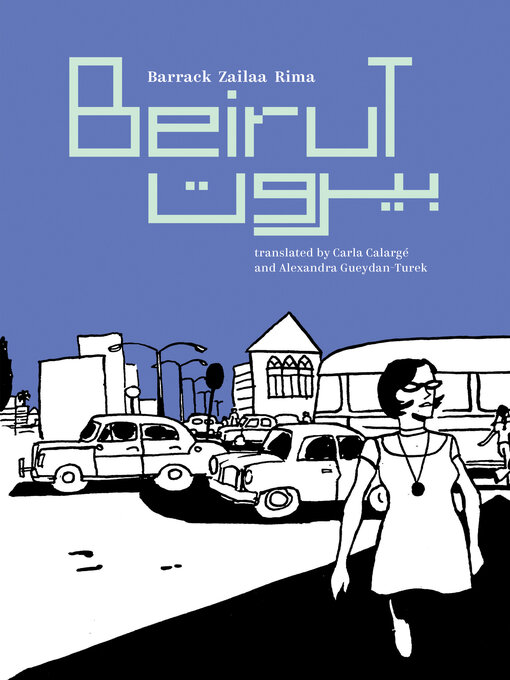Barrack Zailaa Rima's celebrated graphic novel trilogy, gathered together and available in English for the first time.
Beirut is an intimate and poetic look at a beloved city that is at once autobiographical, documentary, and fantastic in nature. In Rima's hands, Beirut is a labyrinth of alleyways and stories, a theater teeming with revolts, and a cenotaph to buried memories. With Rima and her family serving as our guides, and through chance encounters with incongruous figures (a librarian, a garbage collector—or the city's last storyteller), we discover a city that longs for its Golden Age even as it is transformed by neoliberal forces in the aftermath of the Civil War—an evolution whose future remains uncertain.
Dreamlike, tender, and ever-attentive to the beauty of the line, Beirut offers a glimpse into Lebanon's past and present, which must be pieced together to form a whole. From the promise of the political activism of its youth in the 1950s and 1960s, to the grating difficulties of the 2015 garbage crisis and the struggle to accommodate and assimilate refugees, this is a journey through a city, and an expedition into the idea of home, that only Rima could shepherd. No matter the detours.


